Intersectionality
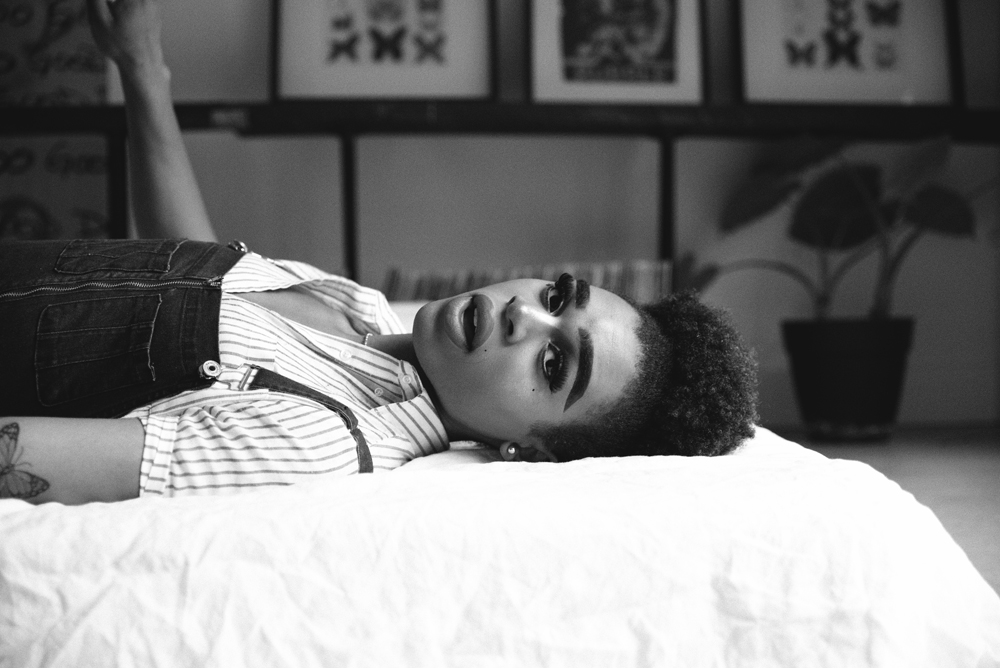
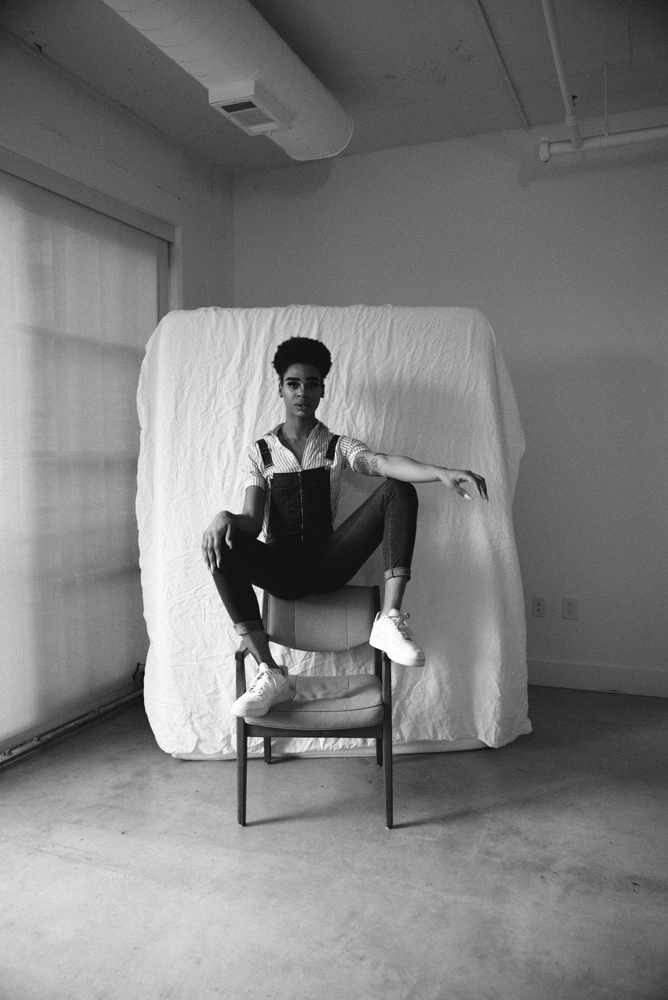
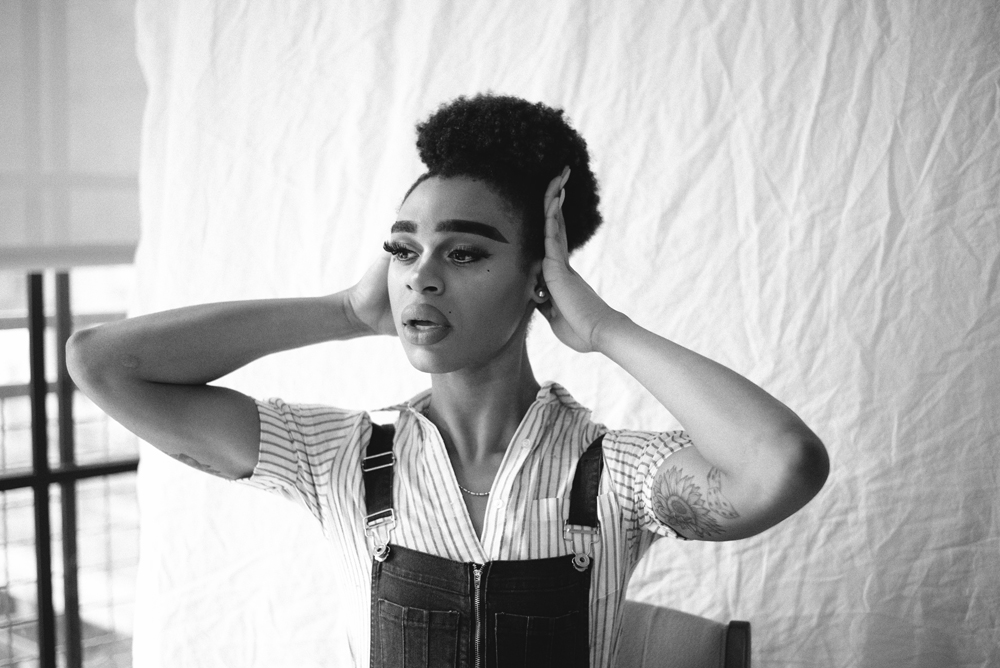
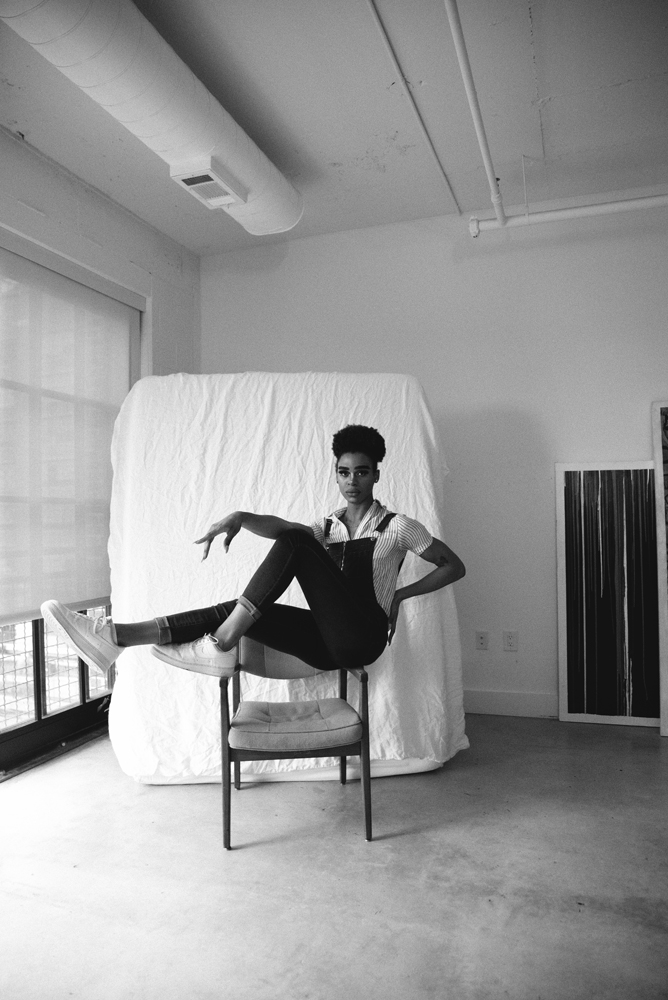
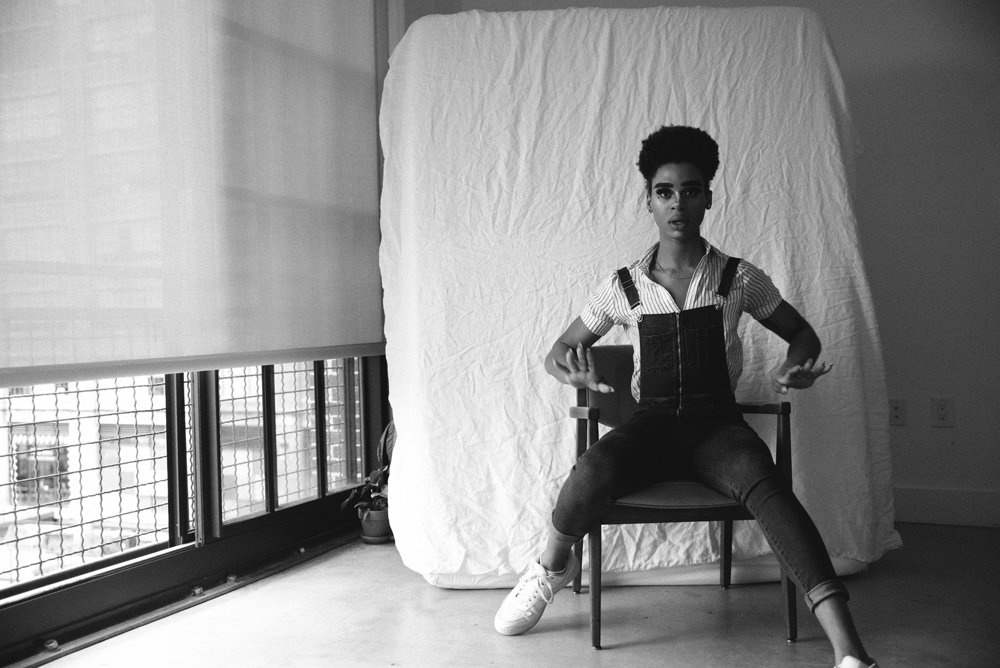
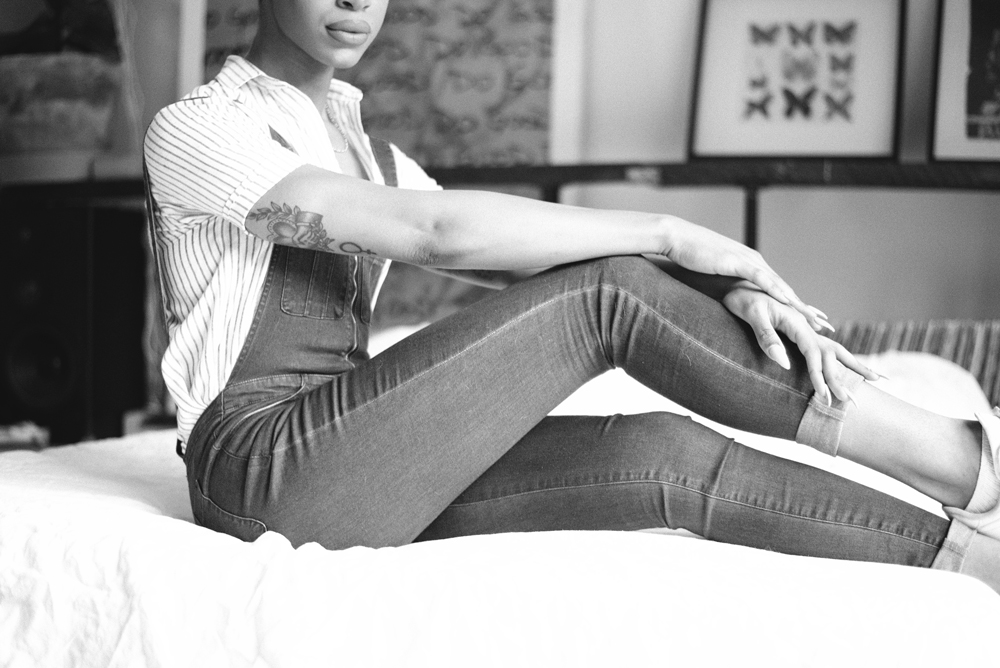
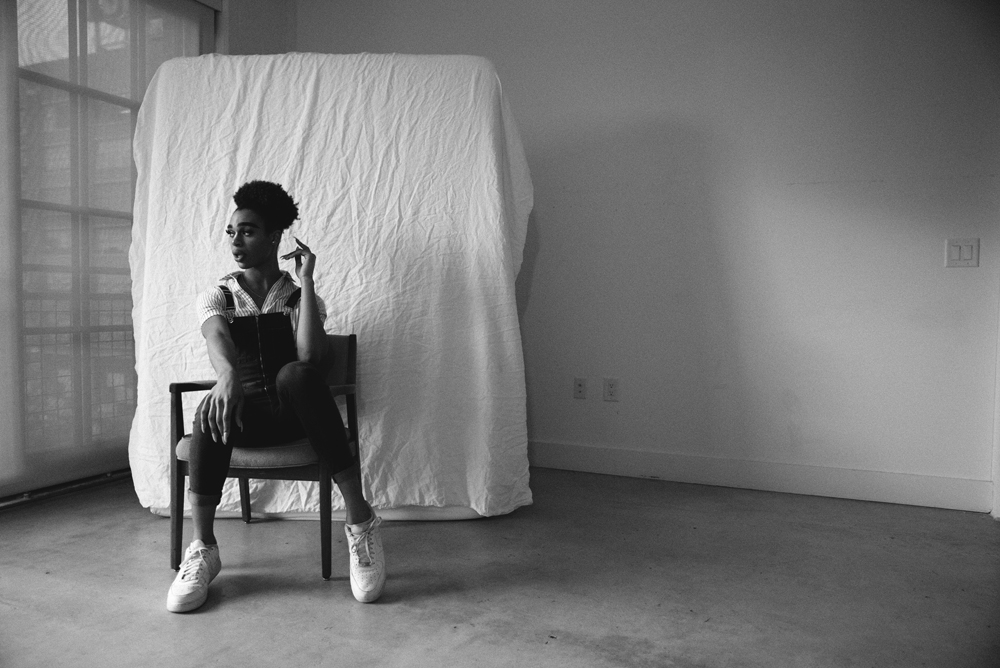
Noun
in·ter·sec·tion·al·i·ty \
in-tər-ˌsek-shə-ˈna-lə-tē \
Text: Rahkia Nance
Ivana Fischer
Photography: Antonio Francisco
“Intersectionality is an analytic sensibility, a way of thinking about identity and its relationship to power. Originally articulated on behalf of black women, the term brought to light the invisibility of many constituents within groups that claim them as members, but often fail to represent them. Intersectional erasures are not exclusive to black women. People of color within LGBTQ movements; girls of color in the fight against the school-to-prison pipeline; women within immigration movements; trans women within feminist movements; and people with disabilities fighting police abuse — all face vulnerabilities that reflect the intersections of racism, sexism, class oppression, transphobia, ableism and more. Intersectionality has given many advocates a way to frame their circumstances and to fight for their visibility and inclusion.”
- Kimberlé Crenshaw, scholar, professor and originator of the term “intersectionality,” from the Washington Post
At Ourselves Black, we recognize and appreciate the rich diversity within the black experience. All too often, certain members of our own community are marginalized by it. We will be intentional about inclusivity through the images and narratives shared in this platform.
We recognize that even within our black communities, lack of understanding can bring about marginalization, negatively impacting the well being of our own people. We also know that the dialogues needed to improve understanding of marginalized group’s experiences are all too rare. We initially planned for a feature touching on transgender issues, but never settled on a specific angle. After discussion, our editorial staff chose to publish parts of a conversation between Ivana Fischer, a transgender woman, and Antonio Francisco, creative director at Ourselves Black.
Though we cannot fully recreate what took place during the photo shoot, and we recognize that one transgender person does not speak for an entire community, we believe it’s important that you, our readers, hear from Fischer in a direct way.
Tuesday, July 12. 3:56 p.m.,
Ponce City Market, Atlanta
Ivana Fischer walks in, confidently, searching the room. I’ve arranged the furniture in my apartment to create a studio, and I’m explaining the idea behind the shoot. Ivana nods and smiles, briefly glancing at her phone. She places her phone on the coffee table and then casually talks about how difficult it can be to be transgender in a cisgender world. The judgment and the harassment—sometimes daily—makes life difficult to navigate, she says.
“Black trans women are constantly threatened, sized up, and ridiculed by people every day,” she said. “Our pronouns and names are rarely respected and we have to fight just to be heard. . . To be transgender means to live in the confines of a binary-centric society. It is knowing the truth of your identity but not having the knowledge or courage to put into words. It is having to be aware of prejudices and potential violence that could come your way for living your life authentically.” “A lot of trans women of color are living in poverty or even living on the streets. People could do more in terms of financial help, like investing more into our community. Jobs are taken away from us, we’re not represented legally if we don’t have the right representation for our names— it’s hard.”
4:37 p.m.
At this point, the conversation is as exciting as the photo shoot. Ivana is now talking about how people tend to be misinformed or uneducated about transgender men and women due to the gross amount of assumptions that are made and difficulty people have in understanding their identity and sexuality. Even within the LGBTQIA community, she says, there is misunderstanding and misinformation. Ivana tells me about the time she and her best friend – also a trans woman—were eating at Applebee’s and a gay man who worked there assumed that she and her friend were gay too.
“Gender identity and sexuality are two completely separate concepts that often get mistaken for one another,” she explains. “Sexuality describes a physical attraction while gender identity describes the way one views themselves . . . I’ve always known that I am a woman and only realized that I am transgender*, by society’s standards, a few years ago when “PC culture” came onto the scene. “
5:02 p.m.
The shoot is entering its second hour, and we’re talking more about gender—something that I, like most cisgender folk, rarely give much thought to. But for Ivana, gender is an overarching presence in everyday life.
“There are a lot of microaggressions trans women face. Like, misgendering. If somebody misgenders me in public, it’s kind of like giving away my tea. If someone were to not know I was trans already— getting outed is something that trans people should not be going through because that could result in violence. That is a stepping stone to the violence we face every day.”
5:36 p.m.
When we first told Ivana about this story and shoot, she said she was excited for the opportunity to discuss the mental health aspect as it relates to the black community, both as a transgender woman and a woman of color. Later, she mentions that she’d like to launch a magazine devoted to transgender issues. It’s one of the ways she says will help bring transgender issues more into mainstream discussions.
“We need to diversify what it means to be normal. . . I feel like it’s happening every day, but a lot more could be done, especially for cis people who claim to be allies. There needs to be more responsibility and holding people accountable for upholding trans people’s rights. Diversity is an American value, and ‘freedom and justice for all,’ but it’s like they only pertain to certain people. I feel that’s very hypocritical.”
6:19 p.m.
By this time, the camera is put away and the candor is front and center. I asked Ivana how her family felt about her, and she admitted it was painful because her parents don’t approve of who she is and don’t allow contact with her and her siblings. She was living in her parents’ house when she began her transition— “I knew I wouldn’t be able to transition while I was living there,” she says. It’s a journey that began during her junior year of high school, and could continue indefinitely.
“Transitioning is a necessary and vital step in a trans person’s life. It allows most trans people, for the first time in their life, to see themselves as they’ve always seen themselves. Everyone’s transition is different and personal to that specific person.”
“(The term transition) is something that people use in a confused way. There’s no end point to your transition. It’s ongoing. It goes past bodily things and biology and makeup. It’s transitioning into a mindset. It’s transitioning into happiness and letting go of the depression and anxiety you were traumatized by . . . My self esteem has definitely gotten better. Right now is the greatest I’ve ever felt in my life. I let go of all the traumas I experienced in my childhood. There are a few anxieties and things I have to work through. Before I started transitioning, I wasn’t scared to walk out of the house and be visible. Knowing that I could get hurt—that’s something I’ve never had to deal with. I feel that has taken a toll on me. But even with all that, there’s no amount of hatred or discrimination that would make me revert to my hold life or make me reconsider my decision. There’s nothing that would make me do that.”
To subscribe to Ivana’s Youtube channel visit here
instagram.com/iv.fischer
4ananafischer@gmail.com
